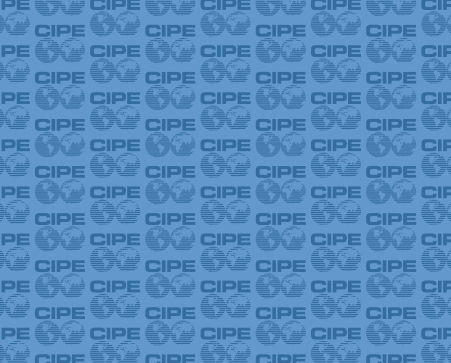
Two world leaders died over last weekend: Vaclav Havel, the former president of Czechoslovakia and the Czech Republic, and Kim Jong-il, the sitting “Dear Leader” of North Korea. The contrast between the two men could not be starker.
Havel, a playwright and Communist dissident, assumed office during the Velvet Revolution in 1989, leading his country into multiparty democracy. After Slovakia’s secession, Havel presided over the Czech Republic’s entrance into NATO and helped lay the groundwork for its eventual acceptance into the European Union. Havel was a man who helped give voice to the voiceless, who believed in a better tomorrow for his country. He lived his life as he spoke his credo; “Truth and love must prevail over lies and hate.”
In contrast, Kim Jong-il ruled North Korea with a tyrannical hand, relentlessly tightening the screws on free speech, legal rights, and political dissent — policies which Vaclav Havel himself likened to those of Stalin’s Soviet Union. Kim militarized his nation at the expense of its people, eschewing their well-being for his relentless pursuit of increased power and personal aggrandizement. At his end, he leaves a legacy of hardship, despotism, and complete disregard for basic liberties.
In these two men, we have a mirror image. One man was called to duty; the other inherited a cult of personality. One man fought for human rights and the dignity of the individual; the other mandated conformity and fealty, punishing untold thousands for imagined offenses against the state. One man believed in democracy, in the right to self-rule. He cherished free speech and knew that the truth would out. The other accepted only his own word, trampling on freedoms and building an impenetrable wall around his hold on power.
Certainly, leaders do not rule in a vacuum. The histories and geopolitics of nations and regions play a not-insignificant role. But ultimately, the choices that a leader makes can lead a country down the path toward freedom and prosperity or down a different path toward repression and destitution.
The institutions that he or she creates can establish an environment that has lasting impact for citizens. Leaders can choose to create institutions that solidify the rights of a free people, or they can create institutions that benefit an entrenched elite class. In a year in which autocracies fell across the Middle East, potentially giving rise to nascent democracies, let us remember the power of leaders and encourage their better angels.
Published Date: December 19, 2011